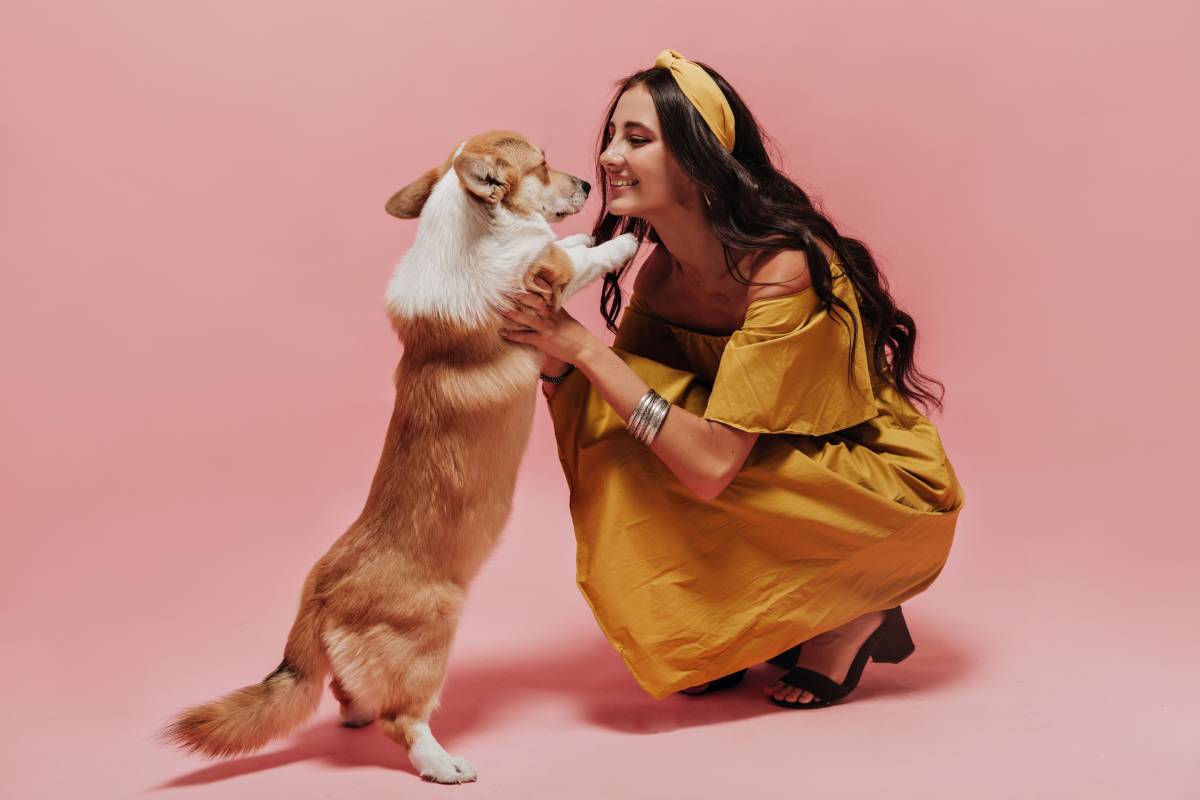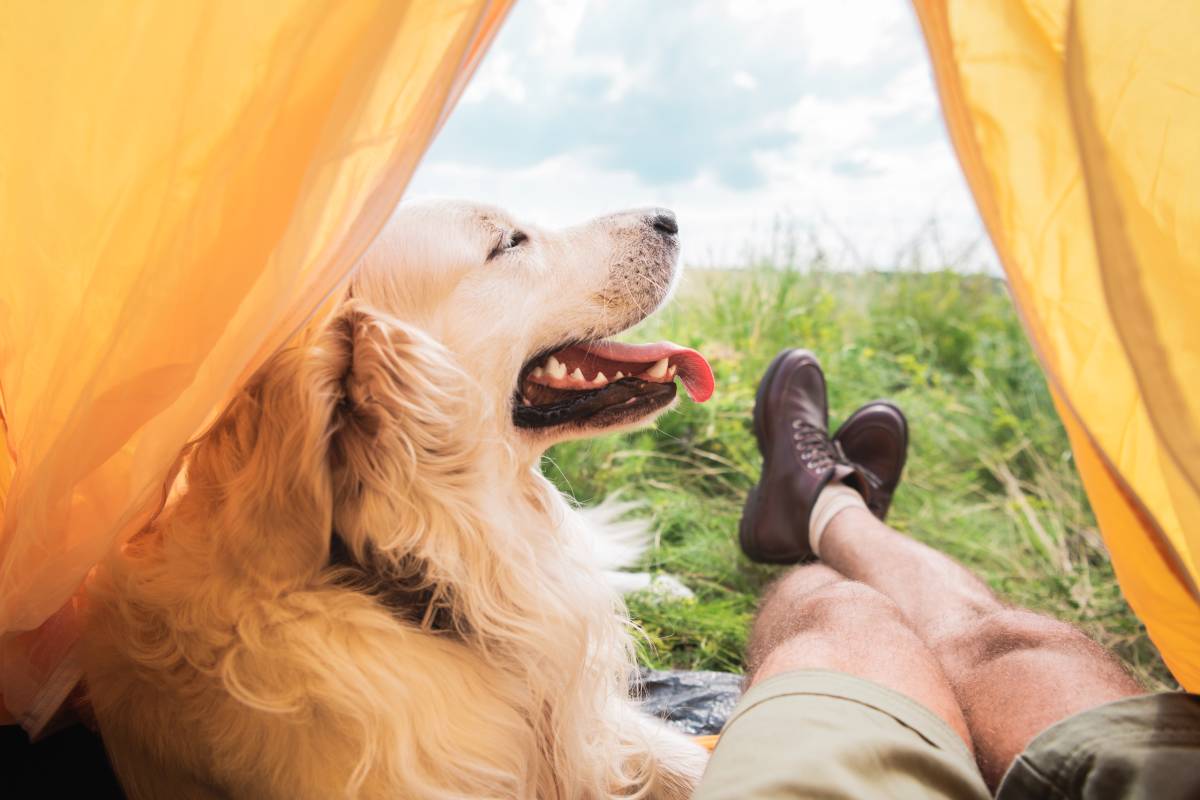Why should having a dog be part of choosing a friend?
For thousands of years, the phrase “man’s best friend” has been synonymous with the relationship between humans and dogs. This enduring bond is rooted in history, emotion, and mutual benefit, making dogs one of the most loyal and cherished companions to humans.
From their early domestication as wild wolves to their roles in modern households as loving pets, helpers, and even protectors, dogs have proven time and again that they are far more than just animals they are devoted companions that play an essential role in our lives. But what is it about dogs that has earned them this esteemed title?
How did they become such a central part of human life, and why do they show such unwavering loyalty? In this article, we will explore the deep history of the human-dog relationship, the traits that make dogs so loyal, and the many ways in which dogs continue to enrich our lives today.
How the Dog Became the Friend of Man
The relationship between humans and dogs dates back over 20,000 years, beginning when humans first domesticated wolves. These wild ancestors of modern dogs were initially attracted to human campsites by food scraps.
Over time, humans and these wolves formed a partnership, with humans providing food, shelter, and protection while the wolves assisted in hunting and guarding. Through selective breeding, these wolves evolved into more docile and cooperative animals, becoming the loyal companions we know today.
Dogs have since become invaluable in various roles, from hunting and herding to providing emotional support. Their ability to adapt to different environments has strengthened their bond with humans, creating a lasting and deep relationship.
The Beginning of the Relationship
The bond between humans and dogs can be traced back over 20,000 years, when humans first began domesticating wolves.
These wild ancestors of modern dogs were drawn to human campsites, likely due to food scraps left by early humans.
Over time, this mutual attraction evolved into a more profound relationship, eventually leading to the Human Dog Bond, where dogs became integral to human societies in various roles.
Formation of a Mutual Partnership
As time passed, humans and wolves began to form a partnership that benefitted both sides. Humans provided food, shelter, and protection, while wolves assisted with hunting and guarding. This mutually beneficial relationship paved the way for the domestication of wolves into dogs.
Selective Breeding for Loyalty
Through selective breeding, early humans were able to encourage desirable traits in wolves, such as loyalty, calm temperament, and helpfulness. Over generations, these traits became more prominent, transforming the wild wolves into the domesticated dogs we are familiar with today.
Adaptability and Evolving Roles
As the relationship deepened, dogs adapted to various human environments and roles. From hunting companions and herding animals to beloved pets and protectors, dogs proved invaluable in assisting humans. Their ability to adapt to different roles in society has strengthened the bond between them and humans, establishing a deep and lasting connection.
Why Are Dogs So Loyal to Humans?
Loyalty is one of the key characteristics that sets dogs apart from many other animals and cements their title as “man’s best friend.” But what makes dogs so loyal to humans? There are several factors that contribute to this remarkable trait.
1. Emotional Bond and Social Structure:
A dog’s loyalty is largely rooted in their pack mentality, which mirrors human family structures. In the wild, wolves rely on strong bonds within their pack for survival, and this instinct is present in domesticated dogs as well.
When dogs join human families, they view their human companions as part of their pack. Dogs are highly sensitive to their owners’ emotions, recognizing voices, scents, and facial expressions. They can sense when their owner is upset or happy, and in return, they expect love and care, reinforcing their loyalty to those who provide for them.
2. Evolutionary Adaptation:
Dogs’ loyalty can also be explained by evolution. Over thousands of years, they have been bred to form strong emotional bonds with humans.
Unlike many animals, dogs are highly responsive to human emotions and social cues, reading body language and facial expressions with great precision.
Scientific research has shown that when dogs make eye contact with humans, both experience an increase in oxytocin, a hormone linked to bonding and affection. This chemical response, similar to that experienced by humans in moments of love, strengthens the bond and encourages dogs to seek human companionship, reinforcing their loyalty.
3. Dependence on Humans for Survival:
Another reason for dogs’ loyalty is their dependence on humans for food, shelter, and care. Unlike wild animals, domesticated dogs rely on humans to meet their basic needs, which naturally creates a sense of attachment and loyalty. Dogs often look to their human companions as a source of security and comfort, and in return, they offer their loyalty and affection.
This mutual dependence has been advantageous for both humans and dogs. Humans receive the benefits of having a loyal companion, while dogs gain security and care. Over time, this bond has deepened and grown stronger, further cementing the dog’s role as a loyal companion to humans.
4. Training and Positive Reinforcement:
Dogs are highly trainable, and their loyalty is often reinforced by positive reinforcement from their owners. When dogs receive rewards for good behavior, such as following commands, they associate their owners with positive outcomes, strengthening their loyalty.
Training and socialization are crucial for a dog’s development, and a well-trained dog raised with love and care will naturally form a strong bond with its owner. The more positive experiences a dog has with its family, the more likely they are to remain loyal and committed.
Why Dogs Are So Important to Humans
Dogs provide humans with companionship, protection, and even health benefits. Their loyalty and devotion to their human families have earned them the status of “man’s best friend.” But the benefits of having a dog go beyond emotional companionship.
1. Emotional Support:
Dogs are known for their ability to provide emotional support to humans. Many people with anxiety, depression, or other mental health challenges find comfort in their dogs.
The simple act of petting a dog can lower stress levels and improve mood. The unconditional love and affection dogs provide can be a source of comfort during difficult times, making them invaluable companions to those in need.
2. Physical Health Benefits:
Dogs also have physical health benefits for their human companions. Owning a dog encourages physical activity, as dogs need regular exercise.
Walking, running, or playing with a dog can improve cardiovascular health, lower blood pressure, and increase overall physical fitness. Additionally, studies have shown that the presence of a dog can help reduce the risk of heart disease and increase life expectancy.
3. Service and Assistance:
In addition to being loyal companions, dogs also serve important roles in society. Service dogs assist people with disabilities, while therapy dogs provide comfort and companionship to those in hospitals, nursing homes, and schools.
Dogs are also used in search-and-rescue missions, law enforcement, and military work, showcasing their versatility and unwavering loyalty to humans.
Additionally, dogs’ ability to support their owners extends to handling conditions like Four-Legged Friend’s Anxiety, offering comfort and companionship to ease their emotional well-being.
Conclusion
The bond between humans and dogs is one of the most enduring and unique relationships in the animal kingdom. Dogs are considered “man’s best friend” not only because of their loyalty, but also because of the deep emotional, physical, and practical support they provide to their human companions.
From the early days of domestication to modern-day roles as service animals, dogs have earned their title as our best friends through their unwavering devotion and companionship.This remarkable relationship is built on a foundation of mutual benefit, emotional connection, and loyalty.
As we continue to learn from and grow with our canine companions, it is clear that the bond between humans and dogs is one of the strongest and most meaningful of all human-animal relationships.














Post Comment